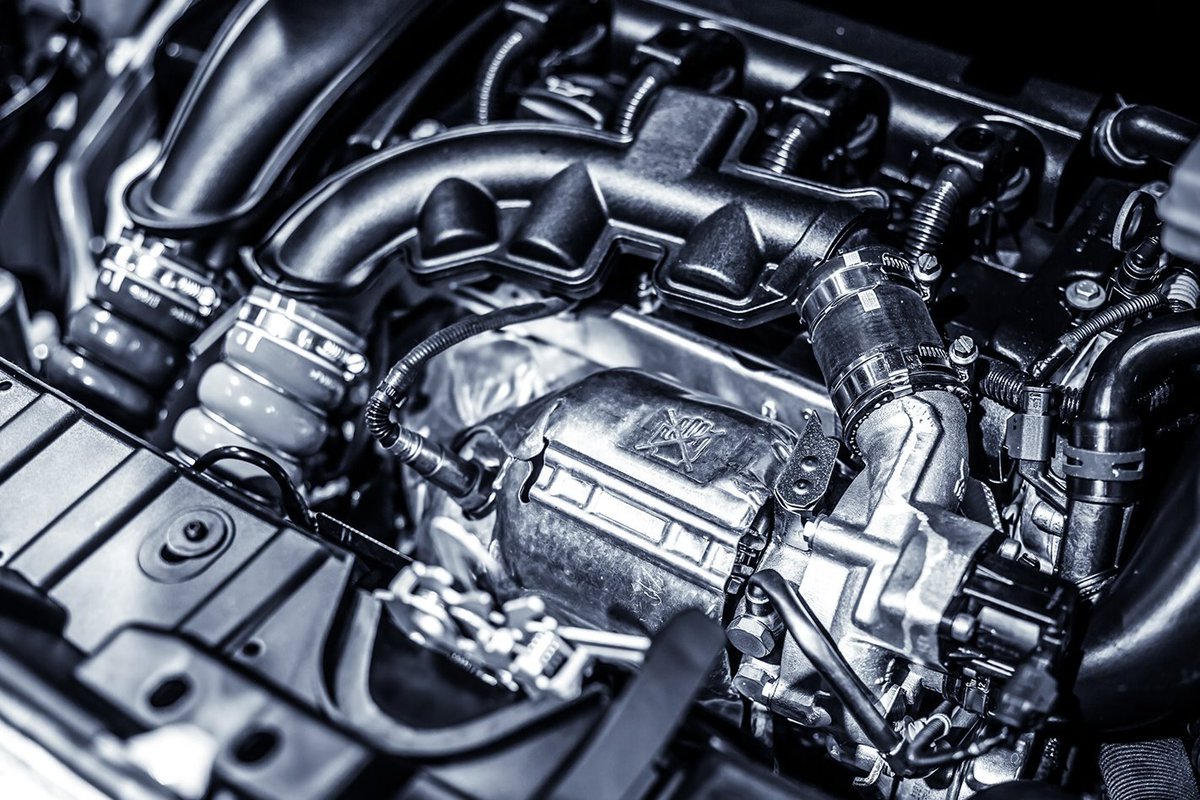
If you want to take your mind off things...
Can you come up with the names of two bands which are synonyms of each other?
(This may appeal to @richardosman @VictoriaCoren)
Can you come up with the names of two bands which are synonyms of each other?
(This may appeal to @richardosman @VictoriaCoren)
I'll start the ball rolling (and keep one good one in reserve...)
The Charlatans and The Pretenders
The Brotherhood of Man and The Human League
The Cure and Therapy
The Charlatans and The Pretenders
The Brotherhood of Man and The Human League
The Cure and Therapy
The Cutting Crew and... The Scissor Sisters or (better) Editors.
My favourite is still Squeeze and Tight Fit... but I think there’s better out there...
• • •
Missing some Tweet in this thread? You can try to
force a refresh



